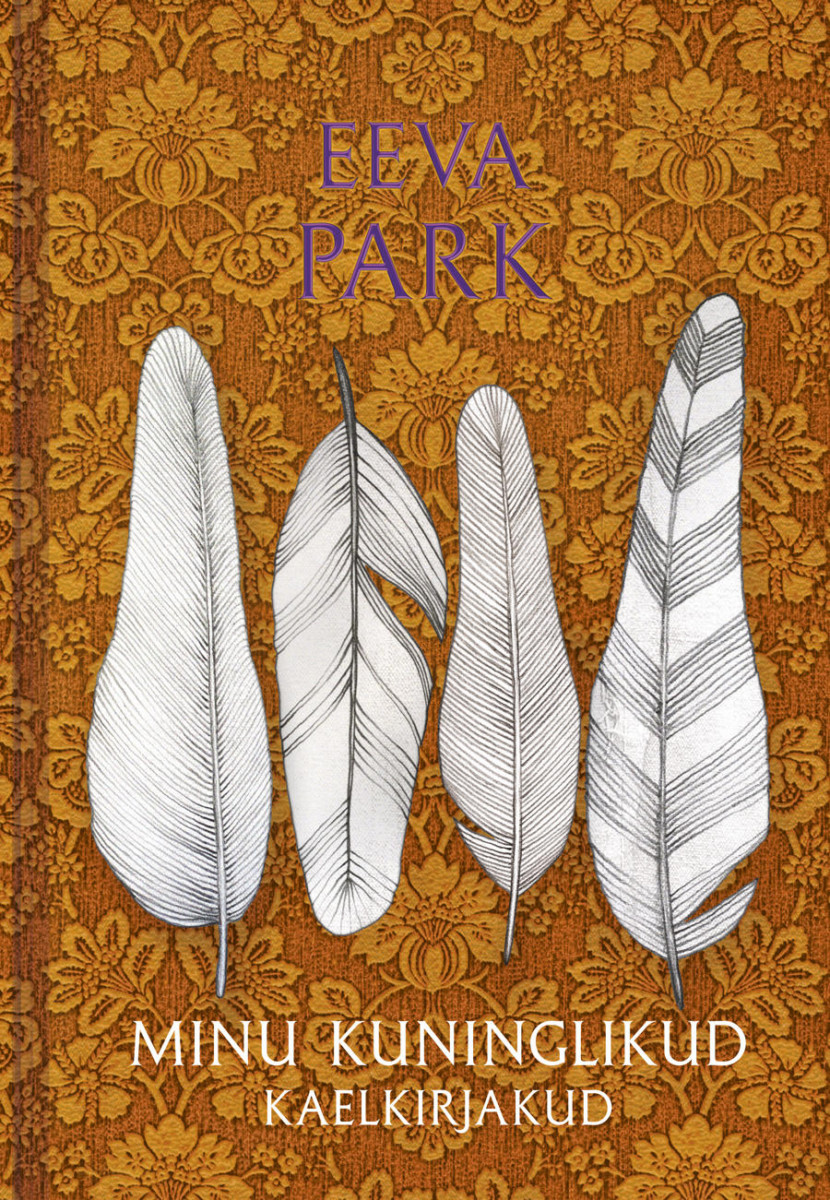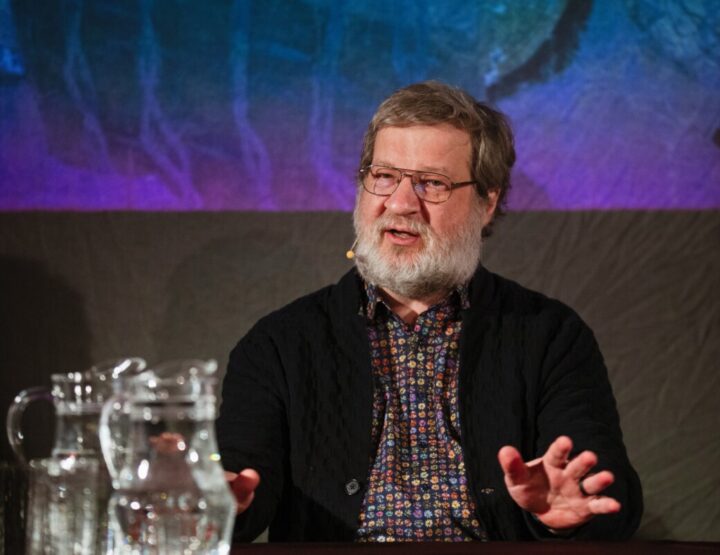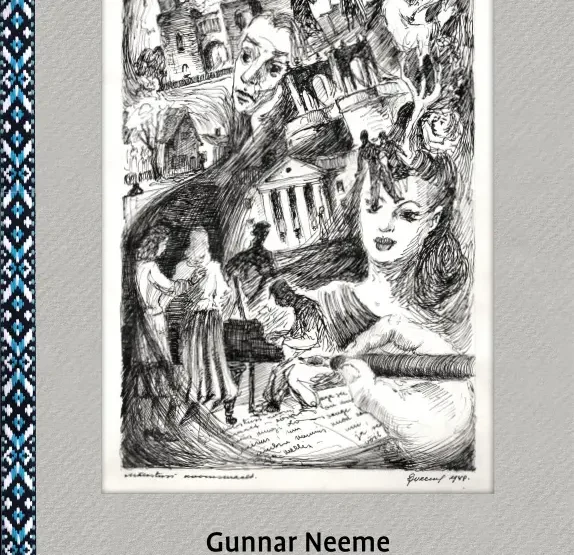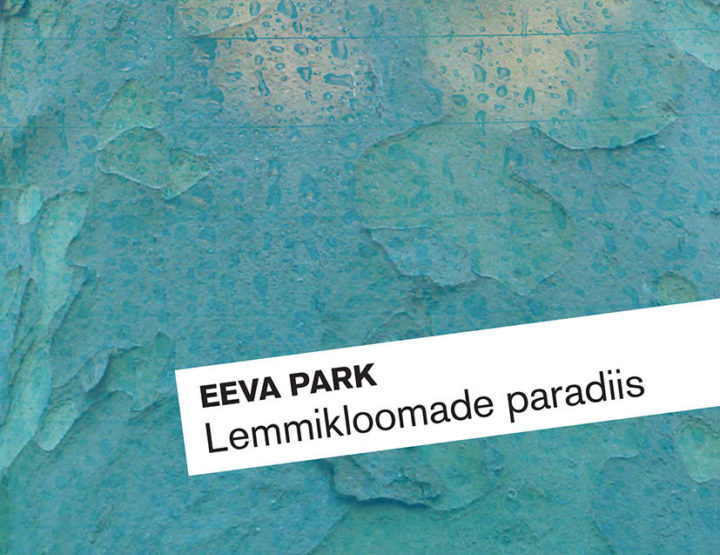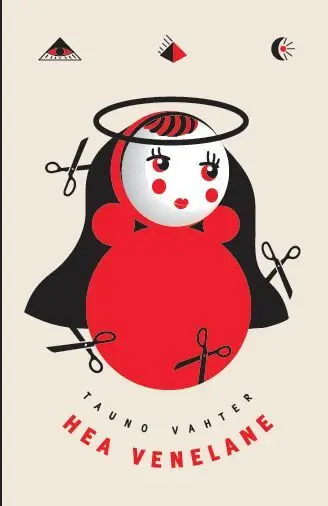From the “Writers with Writers” series
Tallinn; Hea Lugu, 2018. 158 pp.
ISBN 9789949634538
In 2018, the Hea Lugu publishing house launched its “Writers with Writers” book series, in which ten Estonian authors paint a picture of the country’s literary scene through their relationships with one another. The series included many of Estonia’s literary elite: Arvo Valton, Jaak Urmet, Veiko Märka, Hando Runnel, Maimu Berg, Peeter Sauter, Sirje Kiin, Jaan Kaplinski, Jan Kaus, and Eeva Park. Since the authors represent both the older and younger generation of Estonian authors, the stories span a period that covers the pre-WWII Republic of Estonia to today.
Hea Lugu presented these authors with an intriguing task: to weave their memories of other writers with a snapshot of the era and Estonian cultural life in general. The authors took different approaches, some writing about their own reading experiences and others about personal encounters. What the ten books ultimately produced, however, are short and subjective literary histories that are a must-read for anyone with an interest in Estonia’s literature, authors, and literary scene.
Eeva Park’s My Majestic Giraffes stands out strikingly among the ten works – her writing is sensitive, but brisk, and not lacking a light shade of humor. One can tell that Park is a mature author who possesses brilliant linguistic skills but is also capable of writing on very intimate and personal topics. The work received great acclaim as well as one of the country’s most prestigious literary awards – the 2018 Cultural Endowment of Estonia’s Prize for Literature in the free category. What was it that so delighted the readers, reviewers, and jury members?
Park executed the task before her perfectly. Her book contains chapters on fellow authors and cultural figures, as well as briefer accounts of the Estonian poet Debora Vaarandi and Mia Berner – wife of the legendary Finnish poet Pentti Saarikoski. A large cast of other important figures from Estonian literature and culture are also discussed, ranging from Betti Alver, Mart Lepik, and Friedebert and Elo Tuglas to younger contemporaries such as Teet Kallas.
At the center of the work, however, is Eeva Park’s own mother: the celebrated poet and translator Minni Nurme. Park writes on a very personal level but simultaneously observes her subject from a distance – her memories have aged into superb writing. The author’s own family history serves as a departure point – a complex ball of knotted relationships that crystalizes into Minni Nurme’s selfless acts amidst the hardships of the Soviet occupation to ensure that she and her children would get by. Yet, Park does not heroize her mother, occasionally even employing light sarcasm in her observations. At the same time, the reality of life in the Soviet Union is depicted frankly, accurately, and without embellishment through the history of one family and one person’s fate.
Thus, the work’s strength is precisely what the project aimed to accomplish: the utmost degree of intimacy is intertwined with historical analysis and rises to achieve historical generalization. We are given a chance to see the life of an Estonian creative intellectual through the example of Minni Nurme while also becoming aware of both the oddities and the hardships of the time.
Park herself stressed this in an interview given to Estonian Public Broadcasting on March 14, 2019: “Our perception of history always shines the clearest through people – something that history itself never really conveys with all its facts, time periods, et cetera. History is actually revealed wonderfully through a person’s life – through all its twists and all its problems, because life approaches it on this ordinary level that we all understand,” Park added that this is likely the reason her book has touched so many people on a personal level.
The popularity of My Majestic Giraffes among readers, reviewers, and jury members alike is due to the fact that by skillfully telling the fate of the Estonian poet Minni Nurme, Park has managed to convey the difficulty and absurdity of a complex historical period – as well as the determination and joys of those who lived in it.

